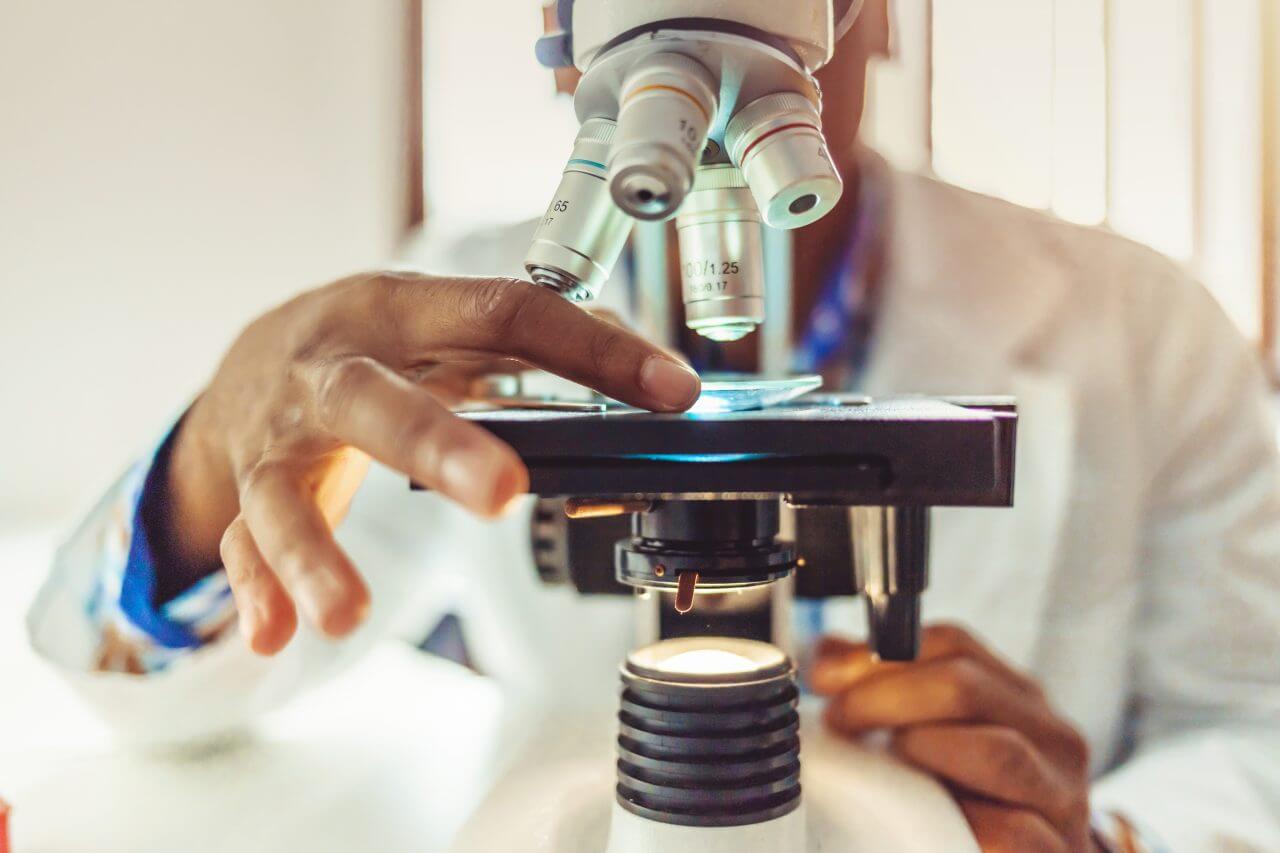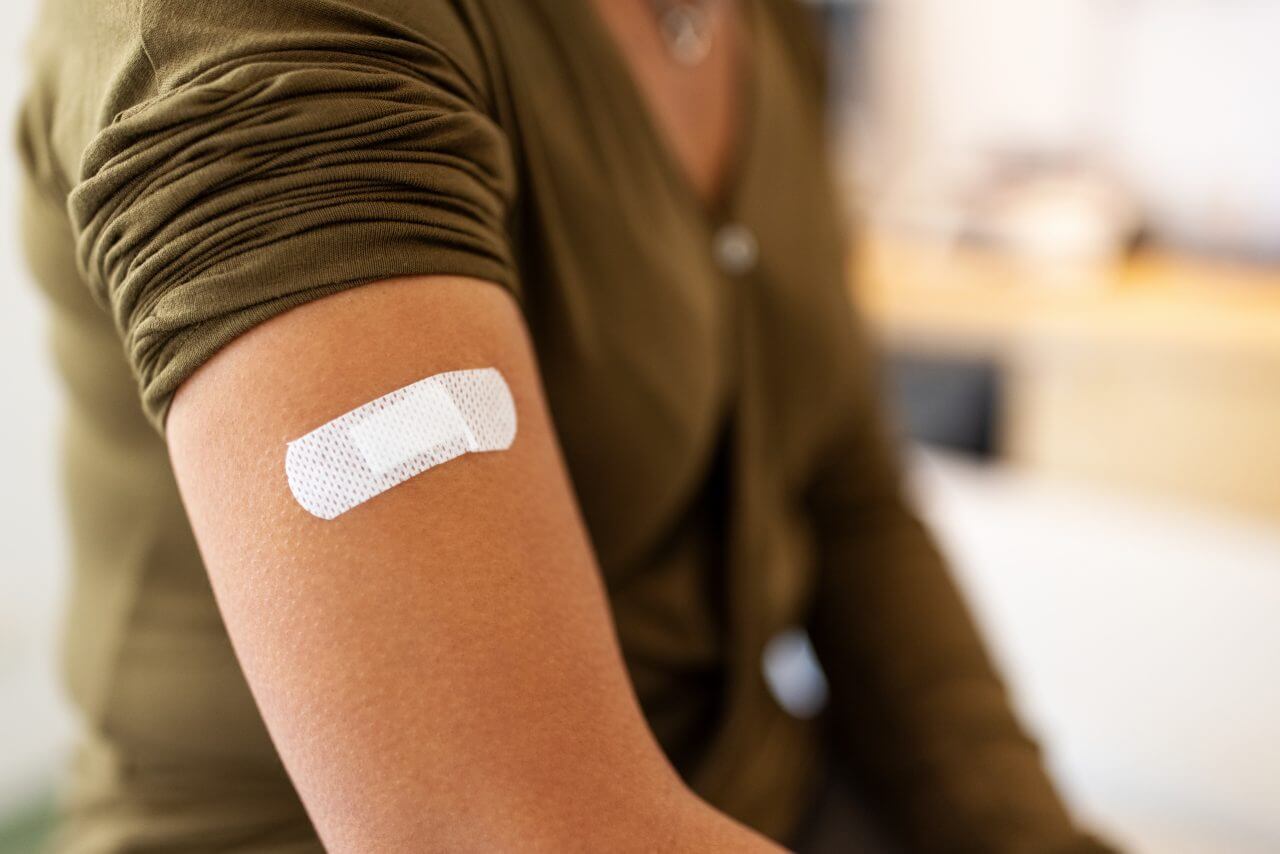What Are mRNA Vaccines?

mRNA vaccines are a new type of vaccine to protect against infectious diseases.
An mRNA vaccine uses a man-made copy of a natural chemical called messenger RNA (mRNA) to produce an immune response. They teach our cells how to make a protein – or even just a part of a protein – that triggers an immune response in our bodies. That immune response, which produces antibodies, is what protects us from getting infected if the real virus enters our bodies.
Both the Pfizer and Moderna COVID-19 vaccines are mRNA vaccines.
How Do COVID-19 mRNA Vaccines Work?
COVID-19 mRNA vaccines give instructions for our cells to make a harmless piece of what’s called the “spike protein.” The spike protein is found on the surface of the virus that causes COVID-19.
COVID-19 mRNA vaccines are administered in the upper arm muscle. Once the instructions (mRNA) are inside the muscle cells, the cells use them to make the spike protein piece.
Next, the cell displays the spike protein piece on its surface. Our immune system recognizes that the protein doesn’t belong there and begins building an immune response and making antibodies, as it does with any natural infection, including the Coronavirus that causes COVID-19. At the end of the process, our bodies have learned how to protect against future infection.
Subscribe to our newsletter to get the latest health and wellness news delivered straight to your inbox.
What Are the Benefits of mRNA Vaccines?
mRNA vaccines have several benefits compared to other vaccines, including:
- Safety. mRNA vaccines aren’t made with pathogen particles or inactivated pathogens, so they’re not infectious. mRNA doesn’t integrate itself into the host genome and the RNA in the vaccine is degraded once the protein is made.
- Efficacy. Early clinical trial results show that these vaccines generate a reliable immune response and are well-tolerated by healthy individuals, with few side effects.
- Production. mRNA vaccines can be developed in a laboratory using a DNA template and readily available materials. This means the process can be standardized and scaled up, making vaccine development faster than traditional methods.
- Potential. In the future, mRNA vaccine technology may allow for one vaccine to target multiple diseases.
Do mRNA Vaccines Alter DNA?
No. The vaccine (mRNA) will not enter the nucleus of the cells, where the DNA is located. Once the injected mRNA enters a human cell, it degrades quickly and only stays in the body for a couple of days.
Can an mRNA Vaccine Give Someone COVID-19?
No. mRNA vaccines don’t use the live virus that causes COVID-19.
More Questions About COVID-19 Vaccinations?
If you’d like to learn more about COVID-19 vaccines or have questions about the vaccines currently available, visit the CDC.
Next Steps and Useful Resources:
Why Do the COVID-19 Vaccines Require Two Shots?
[PODCAST] COVID-19: Where Are We Now?
COVID-19 Vaccines: What are They and How Do They Work?
Find a COVID-19 Testing Site



